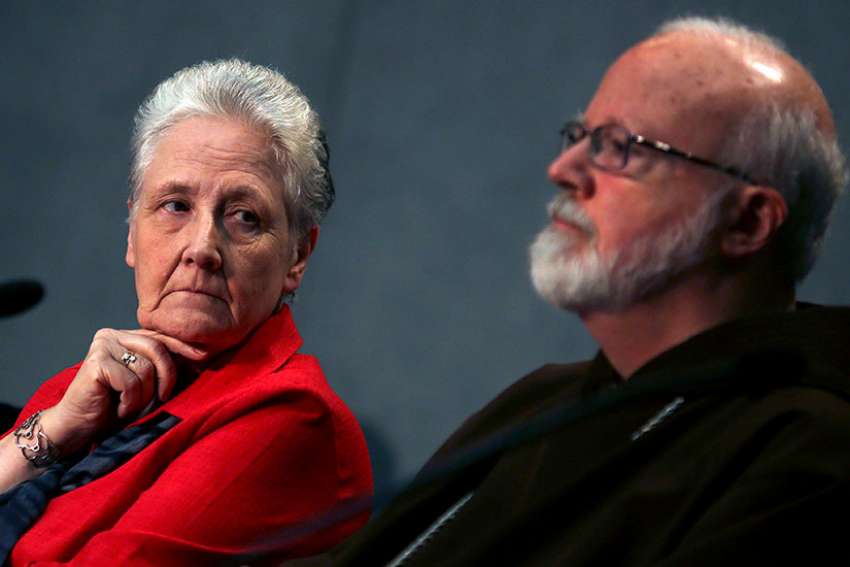Marie Collins, a victim of sexual abuse as an Irish teenager, quit the Pontifical Commission for the Protection of Minors after becoming fed up with the Vatican curia. As she put it, the refusal in some parts of the curia to cooperate with the Pope’s commission or implement its recommendations “when the purpose is to improve the safety of children and vulnerable adults around the world is unacceptable.”
Her biting resignation letter claimed the commission has been thwarted for three years by inadequate support and resources, and by the curia’s aversion to recommendations or to cooperation with the commission. She cited a “cultural resistance” even to proposals approved by the Pope.
One example, she said, was the establishment of a tribunal to address bishops who are negligent on matters of sexual abuse in their dioceses. The tribunal process was approved by the Pope in June 2015, but never implemented by the Congregation for the Doctrine of the Faith (CDF).
Collins also questioned a Vatican refusal to disseminate guidelines the commission developed for bishops to consult when drafting local sexual abuse policies. In this case, she detected a general reluctance to incorporate any of the commission’s suggestions into the Vatican’s existing templates.
“Is this reluctance driven by internal politics, fear of change, clericalism — which instills a belief that ‘they know best’ — or a closed mindset which sees abuse as an inconvenience, or a clinging to old institutional attitudes?” she wrote. “I do not know the answer but it is devastating in 2017 to see that these men still can put other concerns before the safety of children and vulnerable adults.”
Weighing in from afar on Vatican quarrels is a tricky business. Collins’ complaints have been dismissed by the prefect of the CDF, Cardinal Gerhard Muller. He called it a “cliche” to suggest the curia opposes reform and insists the CDF is committed to “sustaining the Pope’s universal mission.”
Yet Collins raises important questions. Now it is incumbent on Francis to take them seriously and, if necessary, act decisively to ensure the integrity of the commission’s important work. Although Collins holds Francis blameless, the very public resignation of a commission member who knows first hand the pain of abuse is a blow to the Pope’s vow to make accountability and transparency bedrocks of the Church’s sexual abuse policy.
If, as Collins says, the curia is closing doors on the commission then it is vital that the Pope opens them up and makes sure they stay that way.


